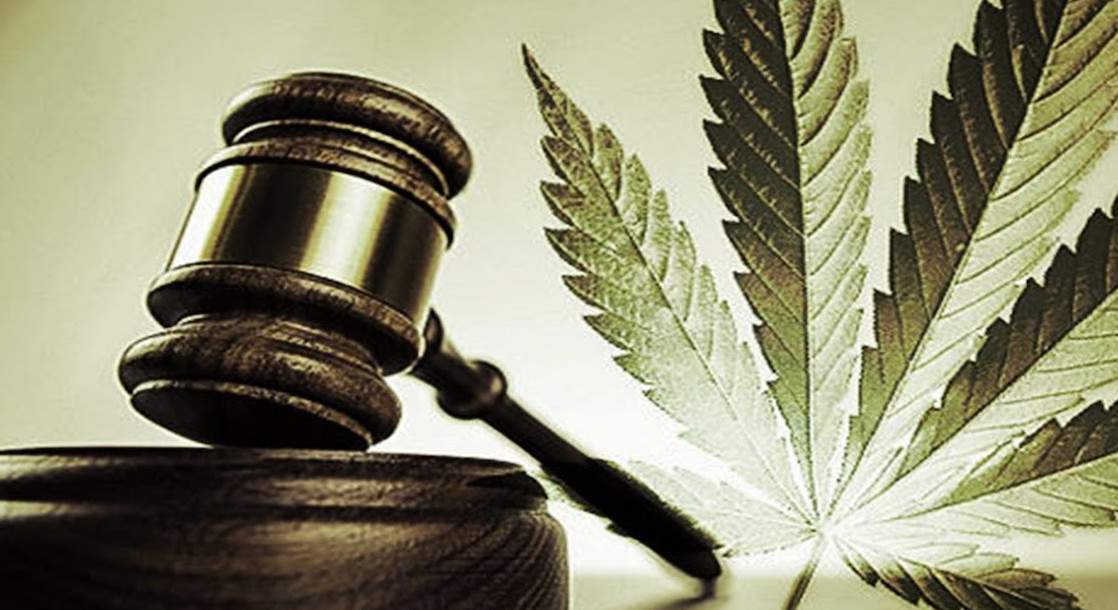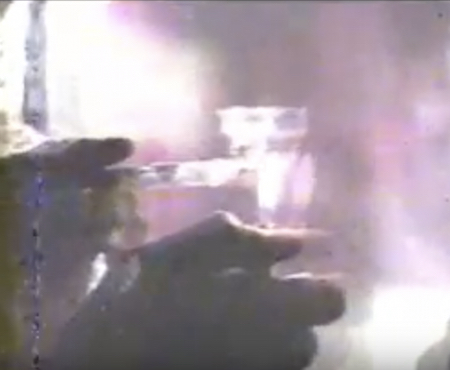Although voters in California passed Proposition 64 merely three weeks ago, the measure is already going to work for those in the state charged with violating marijuana laws. Aside from immediately legalizing possession and use of recreational cannabis, as well as creating a retail market to launch in 2018, the San Francisco Chronicle reports that the now operational statute has already changed the futures of a plethora of defendants currently charged with marijuana crimes in the state’s judicial system. Prop. 64’s popular endorsement meant that a felony charge for marijuana (which was previously levied for even growing just one cannabis plant) became nearly obsolete in California overnight (with exceptions of repeat sellers and vending to minors). Now municipal prosecutors across the state say that hundreds of pending marijuana cases first classified as felonies are now being redirected to misdemeanor courts, with some getting completely dismissed. While marijuana use was arguably decriminalized in California in 2010, Prop. 64 now extends a hefty reduction in penalties to unlicensed pot growers, sellers, transporters as well, while preventing juveniles from facing weed-related charges entirely.
The Chronicle’s cannabis editor David Downs relates the particular example of Chris Phillips, a cannabis entrepreneur with pot farms, a Long Beach medical dispensary, and a concentrate line, who was busted in June for an alleged grow at his Northern California residence, and subsequently charged with five felonies. Luckily for Phillips, his case wasn’t due in court until November 9th, the day following the election, and after his attorney cited the newly enacted code, he ultimately faced only a single misdemeanor charge—evading jail time and a probable end to his growing career in the cannabis industry. While Phillips was naturally relieved, the result was also much to his chagrin; before his lawyer informed him of the implications of Prop 64’s passage for his own legal troubles, he vigorously opposed it, assuming it would lead to corporatization of the industry to the detriment of medical users. “How stupid I was for a whole year talking about this,” said Phillips.
Other attorneys defending those charged with marijuana crimes are recounting similar legal victories for their clients by applying the new rules to upcoming cases, with courts forced to oblige, though they’re still processing each case individually. San Mateo District Attorney Steve Wagstaffe estimates that 100 marijuana-related felony cases in his jurisdiction are eligible for reduction to misdemeanors, but “they’ll be dropped one at a time as they come up in court.” As Proposition 64 made its legal revisions wholly retroactive, to allow past offenders to escape the shadow of permanent convictions, counties like San Mateo have begun receiving petitions to expunge marijuana charges dating as far back as 1970 from individual records. Those in prison, on probation, or parole can also petition to have their sentences reduced under 64; affecting an estimated 2,000 current inmates according to the Drug Policy Alliance.
California’s legal firms are gearing up to assist potentially thousands in the same boat; LA’s self-proclaimed “dopest attorney” Allison Margolin is holding a Prop. 64 legal clinic early next month and is offering to aid those with past convictions for $1000 a head. Not having an emerald letter on one’s record can open up previously shut doors to employment, housing, or student loans, making the legal investment for judicial revision one with far-reaching benefits. “It’s wonderful. You’re not marked or targeted,” said San Francisco-based civil rights lawyer J. Tony Serra; “you don’t have to go get registered like a sex pervert.” While even Prop. 64’s proponents admitted prior to the vote that the measure’s reforms wouldn’t completely eliminate prosecution of low-level marijuana offenders—disproportionately waged against people of color—for acts like smoking in public, it does tremendously reduce the number of cannabis-related charges by which civilians can be ensnared, and its effects are already being felt. Phillips, without felonies on his record, has become Puerto Rico’s first medical marijuana licensee; observing that now, “You can make your new life happen.”











